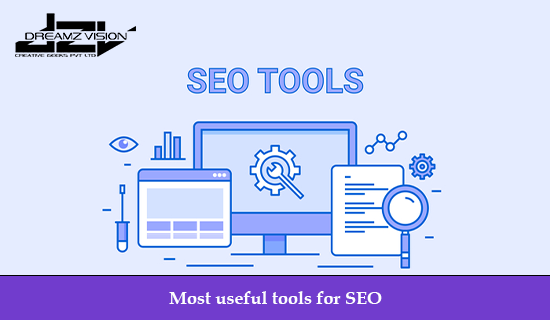As a search engine optimization (SEO) specialist, it’s important to constantly stay up-to-date on the latest tools and techniques in the industry. While there are countless tools available, it can be overwhelming to determine which ones are the most useful and worth your time.
Here are some of the most useful tools for SEO that every specialist should have in their toolkit:
- Google Search Console: This is a free tool offered by Google that allows you to monitor and maintain your website’s presence in search results. It provides valuable insights such as which queries your website appears for, how often it’s clicked, and any crawl errors that may be affecting your website’s performance.
- Google Analytics: Another free tool offered by Google, Google Analytics allows you to track and analyze website traffic. It’s an essential tool for understanding how users interact with your website, where they come from, and which pages are the most popular.
- SEMrush: This is a comprehensive SEO tool that offers a wide range of features, including keyword research, competitive analysis, and site audit. SEMrush is particularly useful for identifying opportunities to improve your website’s visibility in search results.
- Ahrefs: Ahrefs is another comprehensive SEO tool that offers similar features to SEMrush. It’s known for its extensive backlink database, which allows you to see which websites are linking to your competitors and potentially identify new link building opportunities.
- Moz Pro: Moz Pro is a suite of SEO tools that includes features such as keyword research, link analysis, and site audit. It’s a popular choice among SEO professionals due to its user-friendly interface and valuable insights.
- Keywordtool.io: This is a free keyword research tool that generates hundreds of relevant long-tail keywords from a single seed keyword. It’s a useful tool for brainstorming content ideas and identifying new opportunities to target in your SEO efforts.
- Ubersuggest: Another free keyword research tool, Ubersuggest generates a list of related keywords and provides data on their search volume and difficulty. It’s a useful tool for identifying low-competition keywords to target in your SEO efforts.
In conclusion, these are just a few of the many useful tools available for SEO professionals. It’s important to constantly stay up-to-date on the latest tools and techniques in the industry to ensure the success of your website in search results.

